5 Hard-To-Spot Problems That You Should Know Before Buying A Condo In Singapore
December 28, 2022
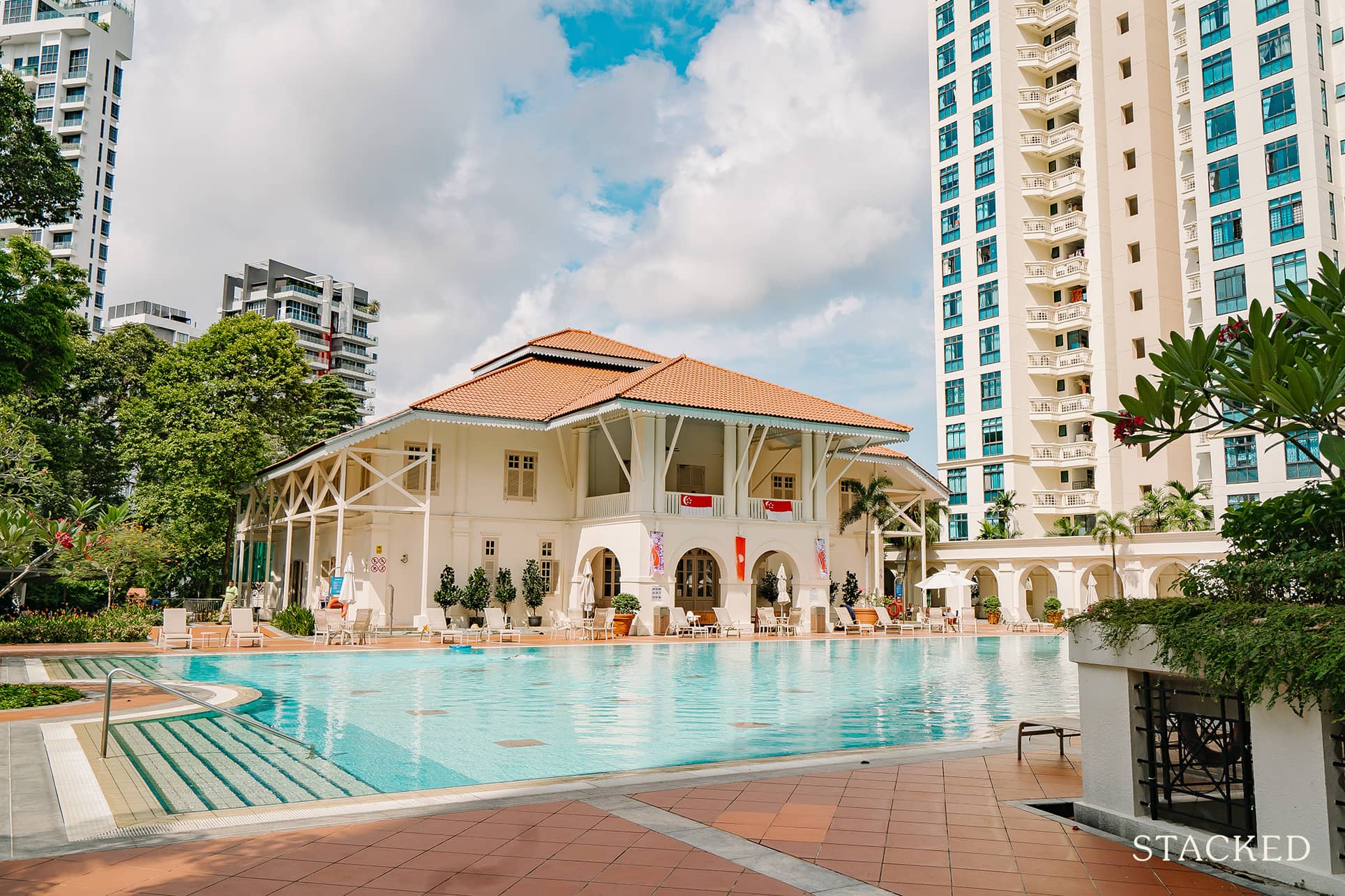
When it comes to buying a home, some problems are not always visible to the naked eye. You may be able to spot certain issues like a small pool, poorly maintained garden, or even rude condo security; but there are some issues that are so well concealed, you may not even realise it’s an issue until decades later. Today, we’re going to uncover the issues that catch even the experts off-guard:
So many readers write in because they're unsure what to do next, and don't know who to trust.
If this sounds familiar, we offer structured 1-to-1 consultations where we walk through your finances, goals, and market options objectively.
No obligation. Just clarity.
Learn more here.
1. You may not be aware of who actually owns the land
There are certain developments in Singapore that are actually sitting on freehold land, but sold to you as leasehold land.
As for these developer(s), they do own freehold land but prefer instead to build a 99-year or 103-year leasehold condo. In some cases, they may even allow other developers besides themselves to build on the plot.
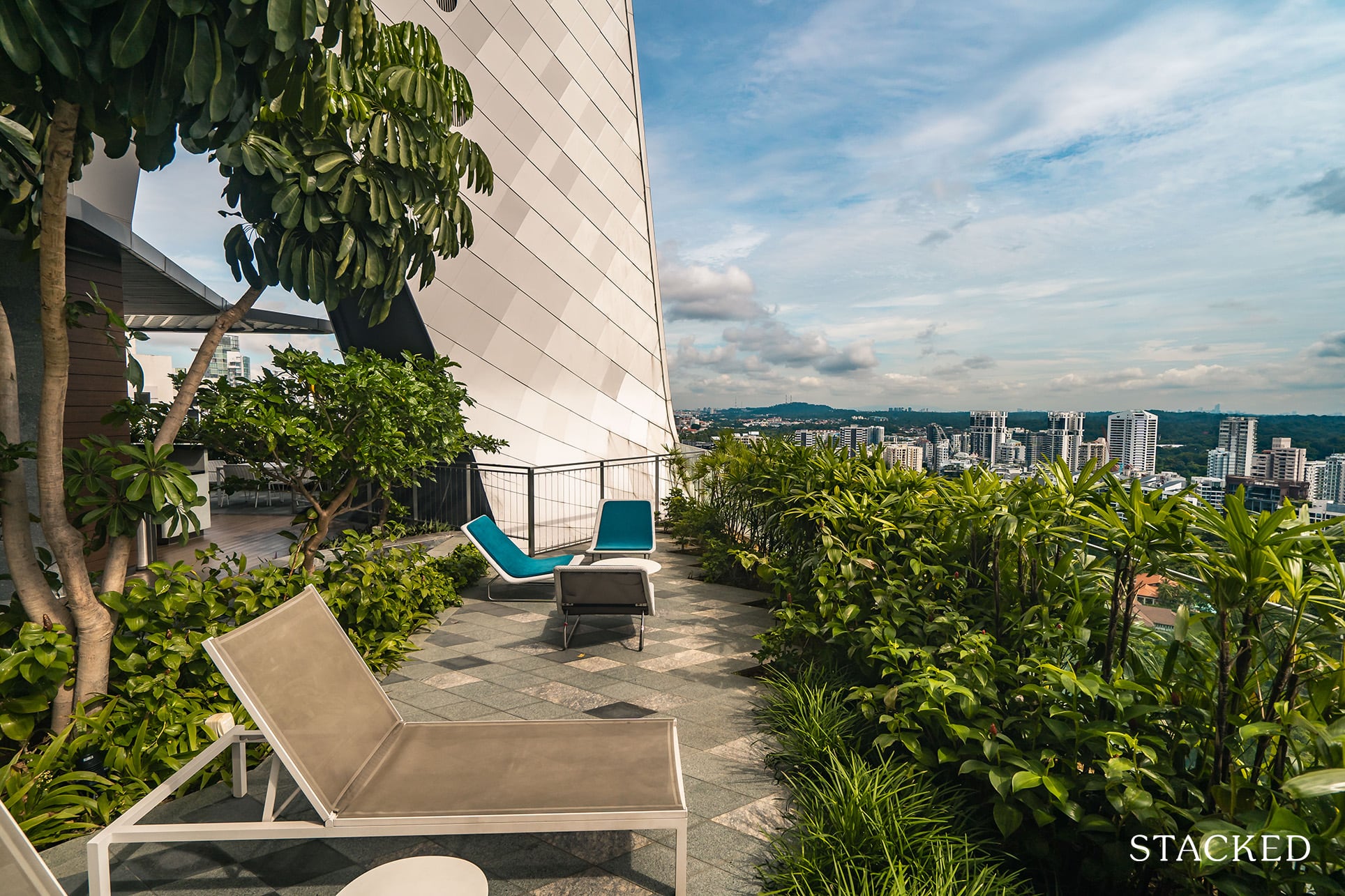
This information is usually not well publicised, so unless buyers squint at the fine print and press them for answers, it often goes unnoticed.
Do note though, that only the biggest developers can afford to do this. If the land is bought on a freehold basis, but sold as leasehold, it means that they do “lose out” in the short-term as a leasehold development typically wouldn’t be able to command as high a premium as a freehold (even if they do ultimately own the land after the lease is over).
There is no tangible effect on the condo, its facilities, its amenities, etc., so this isn’t a concern for several decades. But many years down the road, when the owners attempt an en-bloc sale, they may discover that redevelopment is almost impossible.
No new developer can take over the plot, because it’s freehold and already owned by someone else. For that to happen, the owner of the land must be willing to sell it; but the chances of this are low if the owner is a developer themselves.
This isn’t just confined to well-capitalised developers. Spring Grove condo, for instance, is on land that once housed a former United States ambassador to Singapore. The land was sold to build the condo in 1992.

In 2018, when the owners of Spring Grove tried to sell it, they found out the land belonged to the US government on a freehold basis (even though Spring Grove is a 99-year leasehold project). This subsequently stalled en-bloc attempts as a third party factored into negotiations.
While this won’t affect most condo owners, it’s important to check who really owns the land your condo is on. If you’ve bought a particular condo in hopes of a collective sale, later on, not knowing this could really affect your future plans.
2. The MCST is dominated by a single family or consortium
This is more common with smaller developments, although we increasingly hear of corporate entities that dominate even large projects.
In these cases, a particular group is grossly over-represented within the MCST. Take, for instance, a boutique condo development with fewer than 50 units, of which more than half are owned by the same extended family.
In these instances, joining the Annual Meetings to be heard is an exercise in futility. You may find that a single-family holds two-thirds of the vote, for example, so family members always end up having things their way. They have the leeway to demolish landscaped areas, seize visitor lots in the car park for themselves, or pass bylaws that ban your pets (even though they were permitted at the time you bought).
The same problem goes with large companies, that own and rent out many units. We recently spoke to a reader who didn’t want to be named, but wanted to express how bad it could get:
“The company rented out units to expats who work in a tech park nearby, and over the past two years they bought up multiple units. As the place is rather old, they wanted to revamp the common areas to attract tenants; but this was at the expense of those of us who are more economical.
They wanted the panelling of the lifts replaced with faux marble, floor-to-ceiling mirrors in the lobby, the faucets in the clubhouse all replaced with non-contact sensors, one whole big list. The maintenance fee was almost four digits per month. And the excuse is that in the long run it’s good for the property value or whatever.
But what about those of us who are struggling? We can’t afford this sort of upgrading. But they have such a majority now they can decide to do whatever and we can’t say anything.”
None of this may be very apparent at the time you buy the condo; so it does pay to ask the agent about the make-up of the MCST.
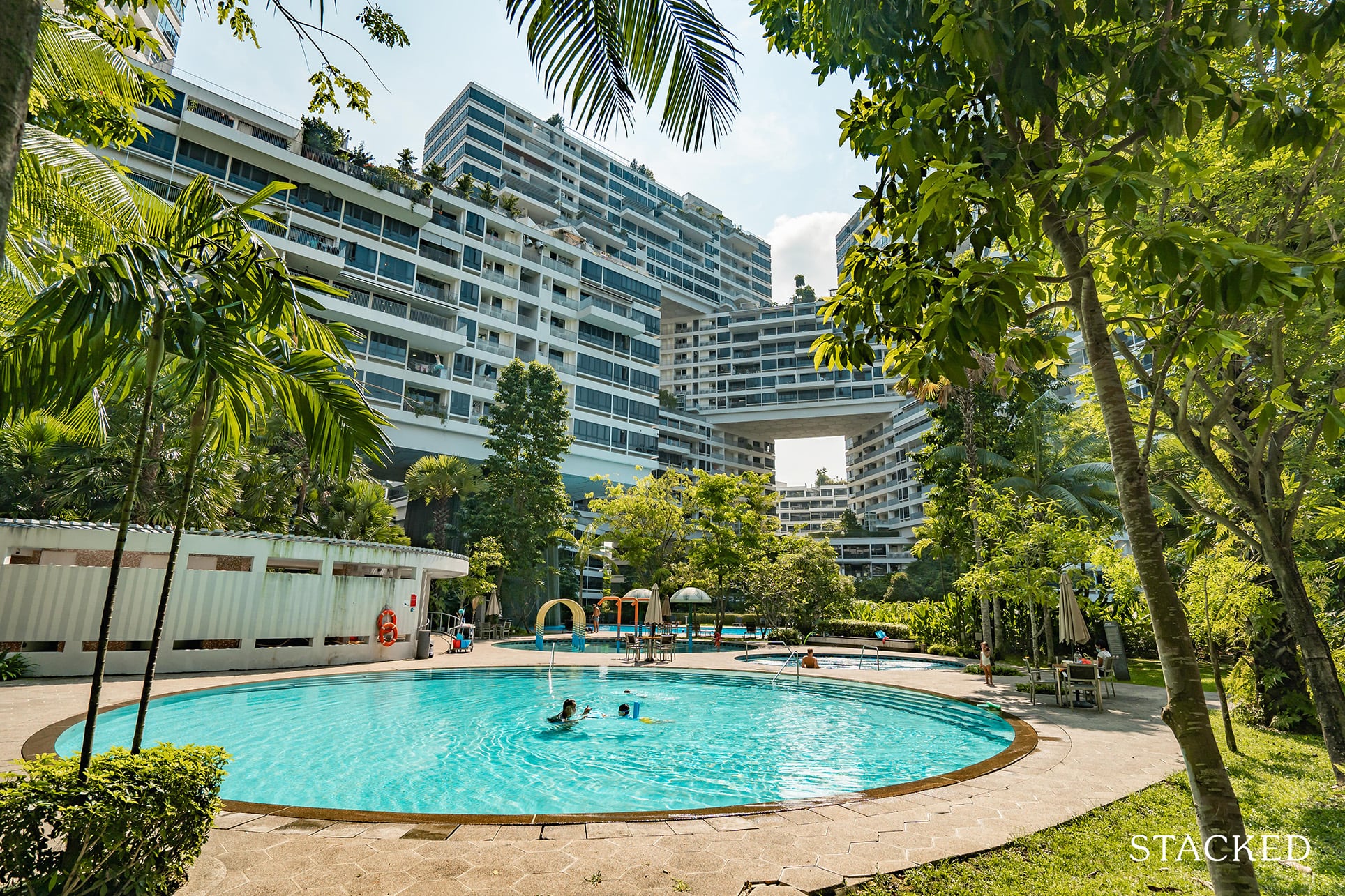
Besides MCST problems, a bigger single owner can also pose further issues during a collective sale. Take the unfortunate Gillman Heights en bloc case, for example. Some owners who had bought in probably wouldn’t have realised that NUS actually owned 50 per cent of the 607 units at Gillman Heights. This was a huge sway when it came to voting for a collective sale, and it probably wouldn’t have happened if not for the reported 16 per cent stake that NUS held in Ankerite, a private fund that was a subsidiary of CapitaLand. They ended up being the eventual buyer and developer of The Interlace.
3. The previous owner may not have followed the rules
The most common example of this is an illegal mezzanine level, in a high-ceiling unit. Buyers tend to assume that, if it’s well built, the previous owners would have gotten permission from the relevant authorities – whoever that might be.
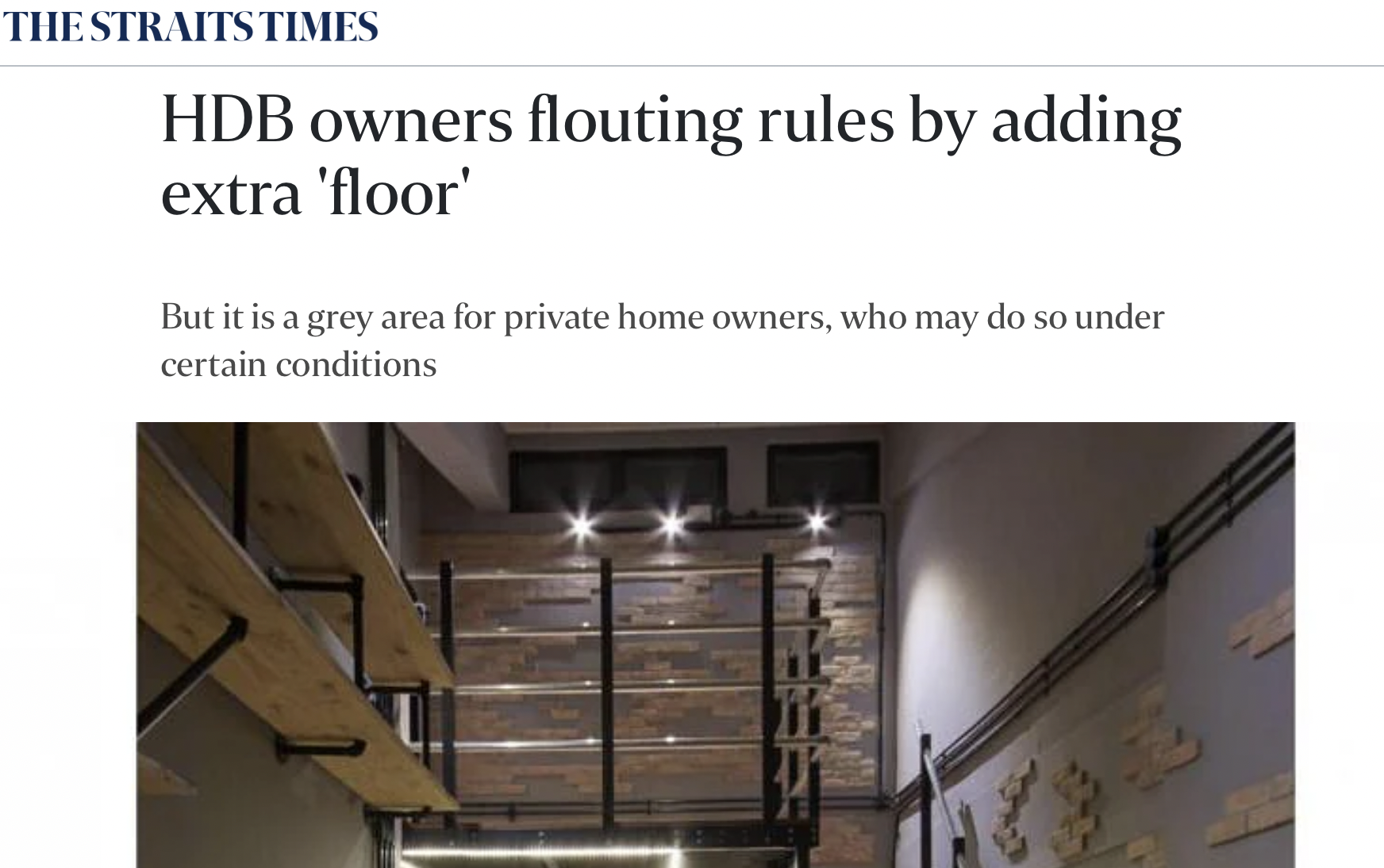
But there have been cases in some older developments, such as from the ‘80s and ‘90s, where the previous owners didn’t quite bother to file the right paperwork. This may not be a problem for a long time – but when it does rear its head, things get expensive.
If the changes are illegal, you may be required to tear down the modifications at your own expense. This can affect existing renovations as well; such as if taking down an illegal mezzanine level also means tearing down some of your carpentry work.
Some older condos may also have areas which aren’t part of your unit, but that the previous owners have taken to using, thus creating the assumption that it’s yours to use as well.
An example of this would be storage access on the roof, which the previous owner used for personal purposes – it’s often illegal to store anything there, and just because it’s accessible/unlocked doesn’t mean it’s yours.
Check the details of your sale and purchase agreement, and be clear about what is or isn’t part of your unit.
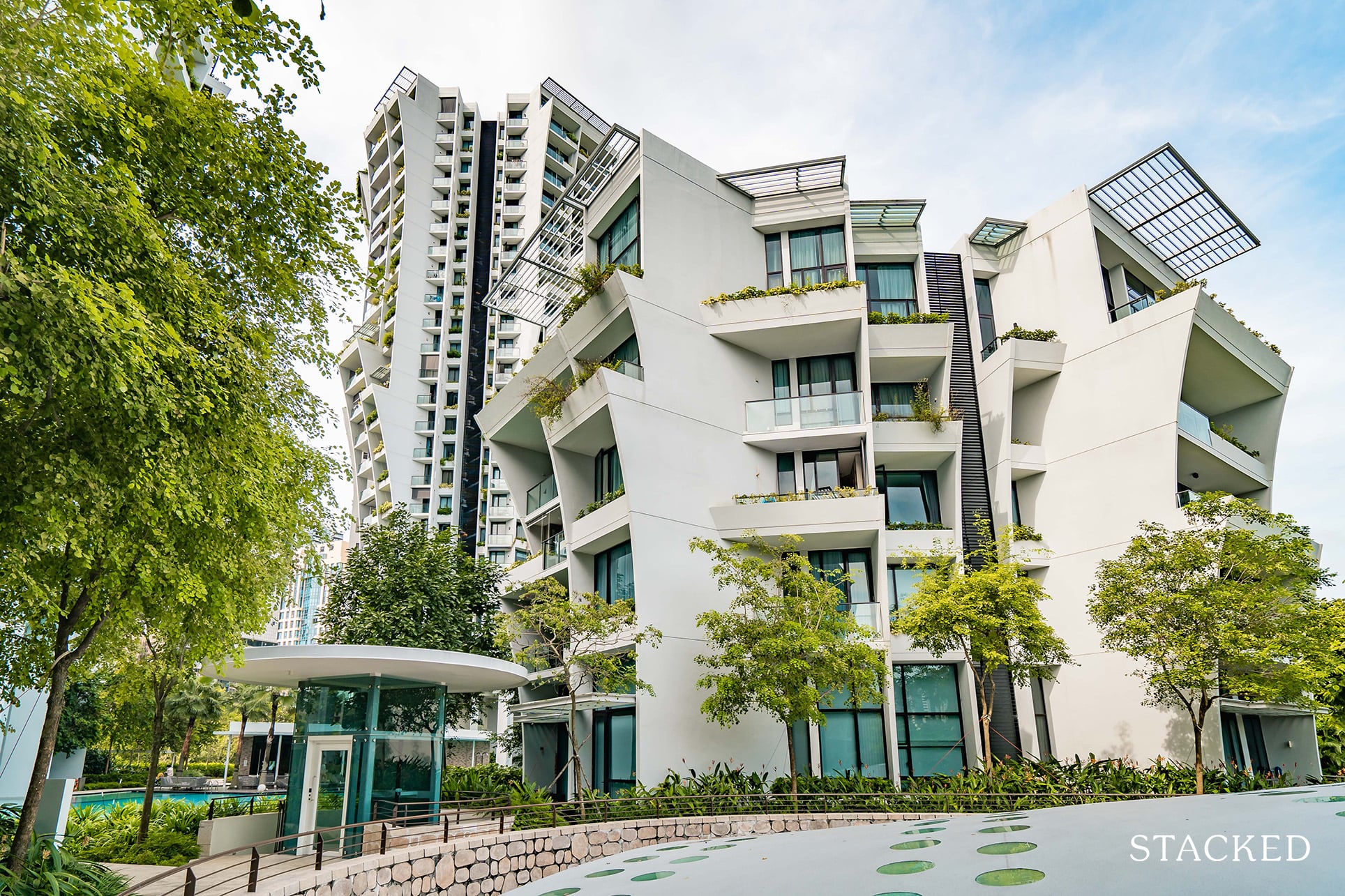
Property Advice5 Commonly Overlooked Factors When Buying A Resale Condo
by Ryan J. Ong4. Most people don’t notice if the MCST is almost in the red
We haven’t yet had a situation where the MCST goes totally bust – but you should realise there’s no contingency plan for when it happens. Government agencies like BCA are not empowered to take over, if the MCST squanders the maintenance money.
Even if the MCST doesn’t go broke, the project will be badly affected when the funds run low. Broken common facilities are boarded up and closed, rather than repaired. Pools become dirty, gym equipment rusts or parts go missing, and you’ll see more stains and leaks in places like the car park, lobby, common corridors, etc. These leave a strong negative impression on future buyers and prospective tenants, so it does affect your own pocket.
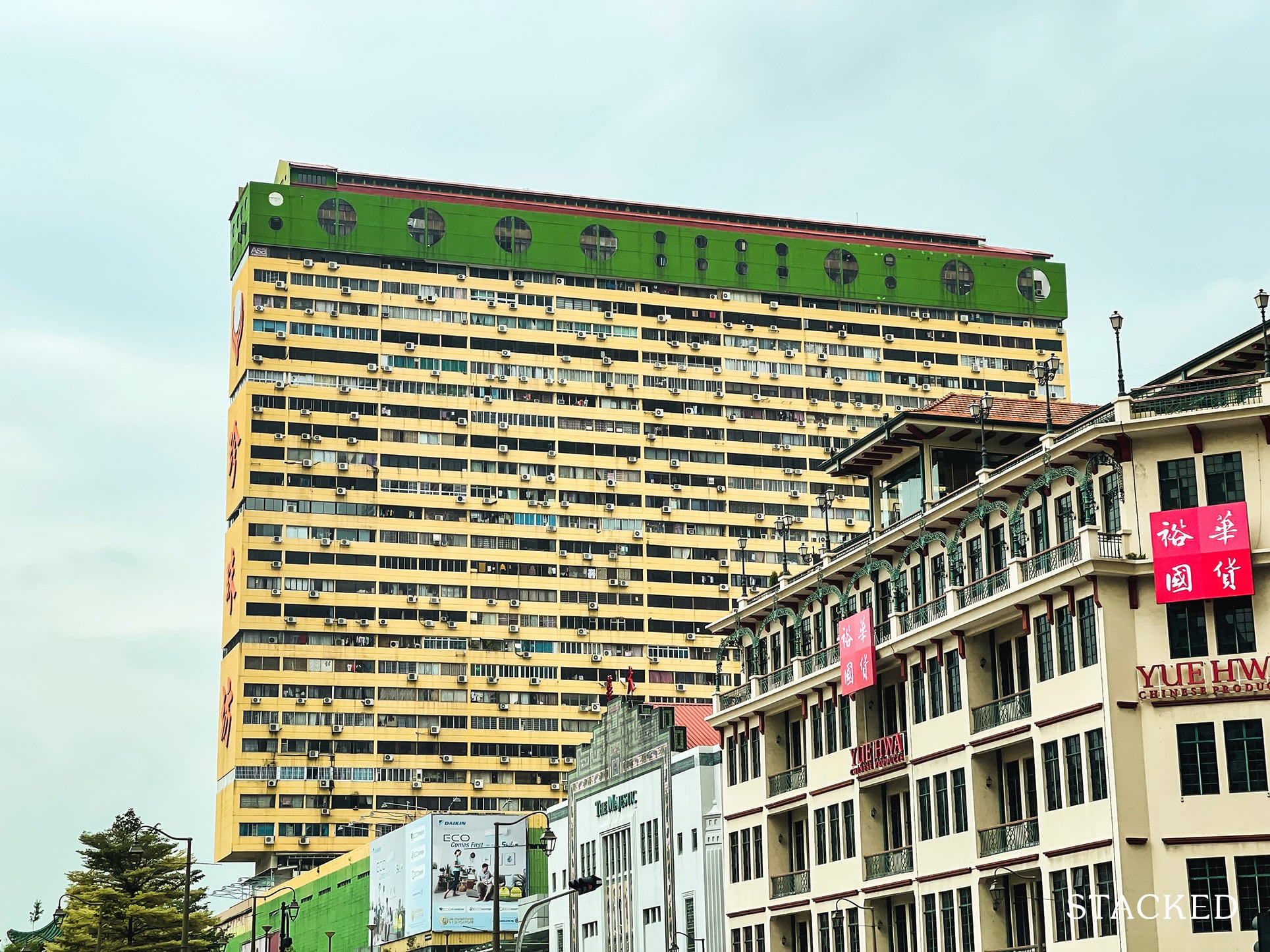
We’re reminded of situations like People’s Park Complex lifts, which at one point inflicted hour-long waits on some residents.
(When the maintenance fund runs thin, there’s a risk that management will wait till the last minute before replacing the elevators; and that significantly raises the risk of breakdowns).
Because most Singaporeans are so trusting, however, we seldom bother to demand financial statements or other records from the MCST. This may elude us even when we’re buying, but keep in mind you do have a right to inspect these.
5. There’s no way to tell if a unit near you will sell under “special circumstances”
This is the toughest reality to face, as there’s no real way around it: sometimes, a unit next to yours will sell for an abnormally low price. This may be due to situations like divorce, selling to family, death, etc.
In a small or boutique condo, where transactions are few and far between, this can significantly affect your offers. It’s simply because there hasn’t been a transaction in many years, but the most recent one near you set the bar extremely low.
A good property agent may still be to wrangle a good price for your unit, but the process tends to take longer, and you’re in a disadvantaged position. The only real way around this is to have a healthy volume of transactions, but that’s just less likely in a small project.
That said, this is circumstantial, of course. A boutique project that is very well-received in the secondary market will likely fair better in this scenario.
All of these factors are not really visible at the outset; even if you’re very thorough at the viewing, or at the showflat. They’re quite obscure, so you’ll have to go out of your way to ask, and being wary of these is the job of a good buying agent. You can also reach out to us at Stacked, if you want us to take a closer look at the unit with you. In the meantime, check out our reviews of new and resale projects alike.
At Stacked, we like to look beyond the headlines and surface-level numbers, and focus on how things play out in the real world.
If you’d like to discuss how this applies to your own circumstances, you can reach out for a one-to-one consultation here.
And if you simply have a question or want to share a thought, feel free to write to us at stories@stackedhomes.com — we read every message.
Ryan J. Ong
A seasoned content strategist with over 17 years in the real estate and financial journalism sectors, Ryan has built a reputation for transforming complex industry jargon into accessible knowledge. With a track record of writing and editing for leading financial platforms and publications, Ryan's expertise has been recognised across various media outlets. His role as a former content editor for 99.co and a co-host for CNA 938's Open House programme underscores his commitment to providing valuable insights into the property market.Need help with a property decision?
Speak to our team →Read next from Property Advice
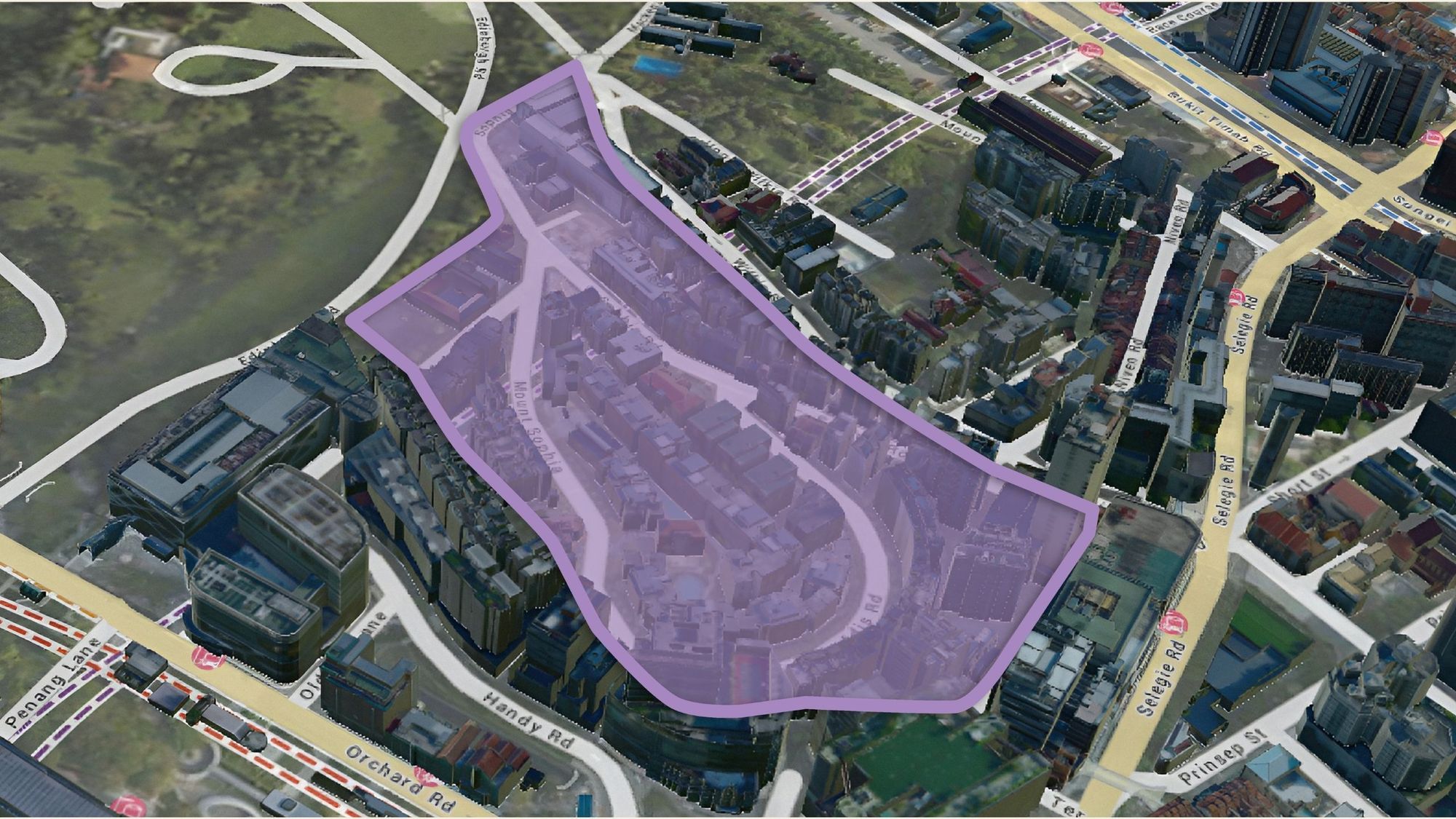
Property Advice These Freehold Condos Near Orchard Haven’t Seen Much Price Growth — Here’s Why

Property Advice We Sold Our EC And Have $2.6M For Our Next Home: Should We Buy A New Condo Or Resale?

Property Advice We Can Buy Two HDBs Today — Is Waiting For An EC A Mistake?

Property Advice I’m 55, Have No Income, And Own A Fully Paid HDB Flat—Can I Still Buy Another One Before Selling?
Latest Posts

Pro Older Jurong East Flats Are Holding Their Value Surprisingly Well — Even After Lease Decay Kicks In
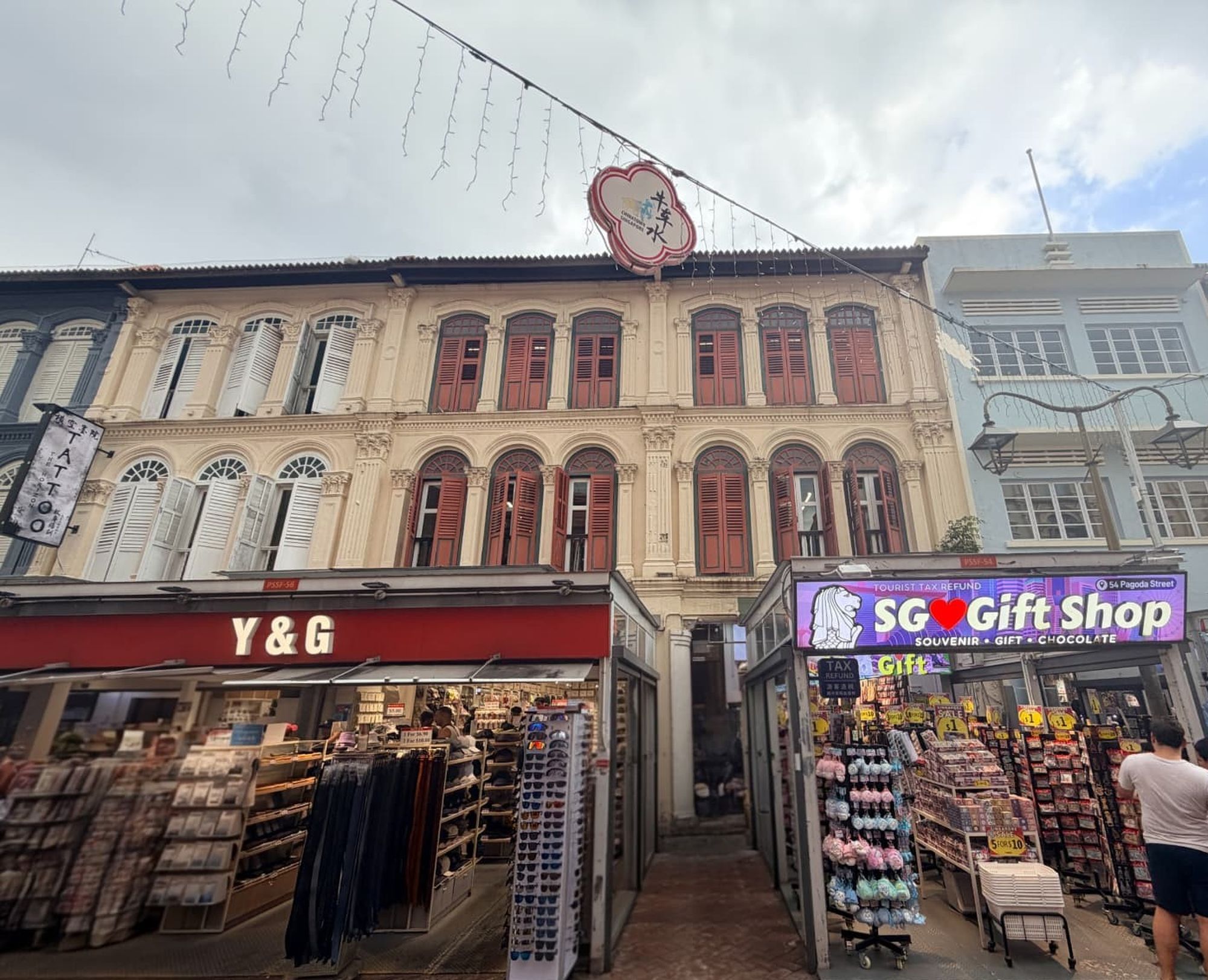
On The Market A Rare Pair Of Conserved Shophouses In Chinatown Just Hit The Market For $32.5M
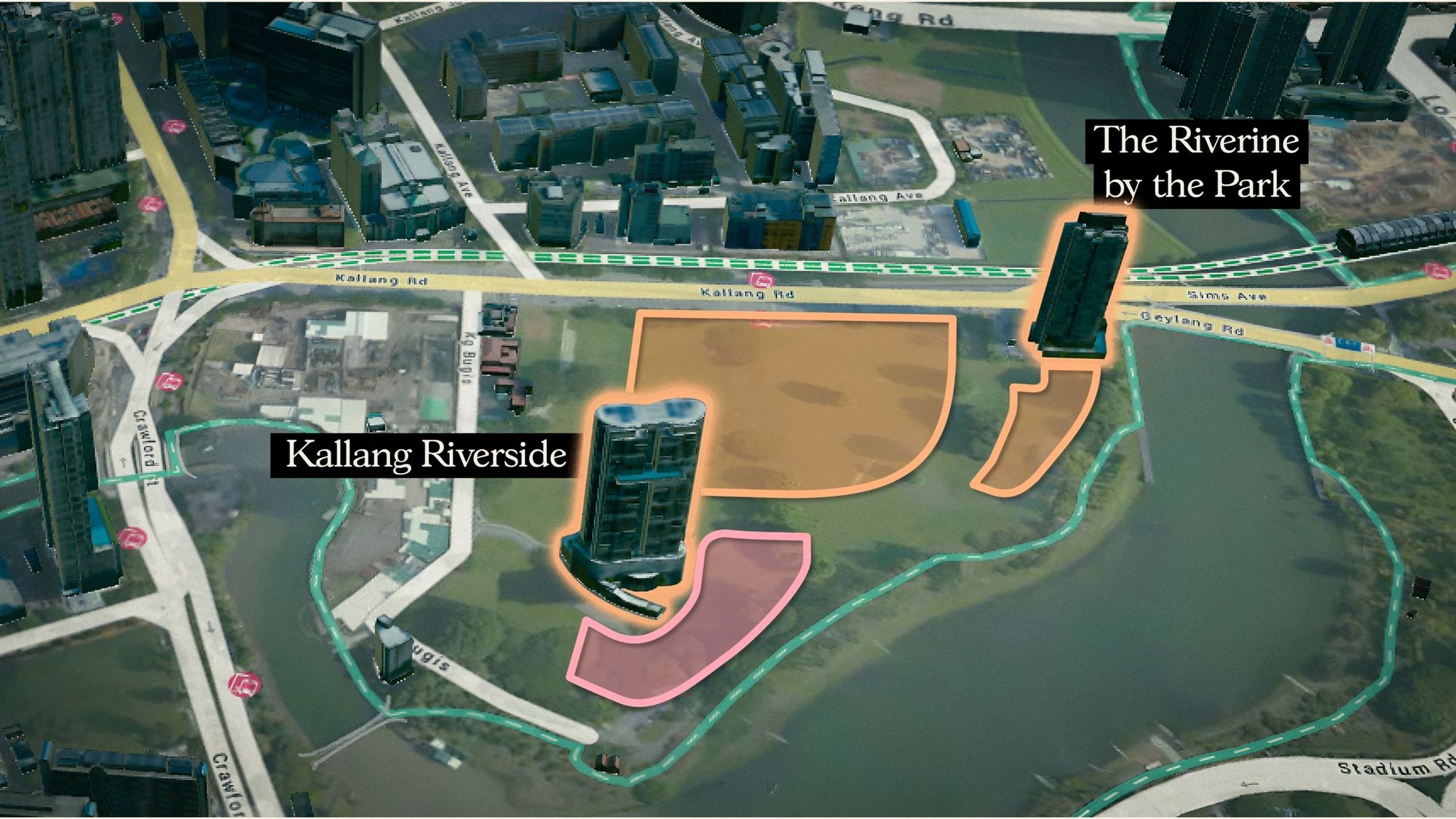
Singapore Property News Some Units At This Freehold Riverfront Condo Could Lose Their Views — But Here’s How Prices Have Actually Moved
























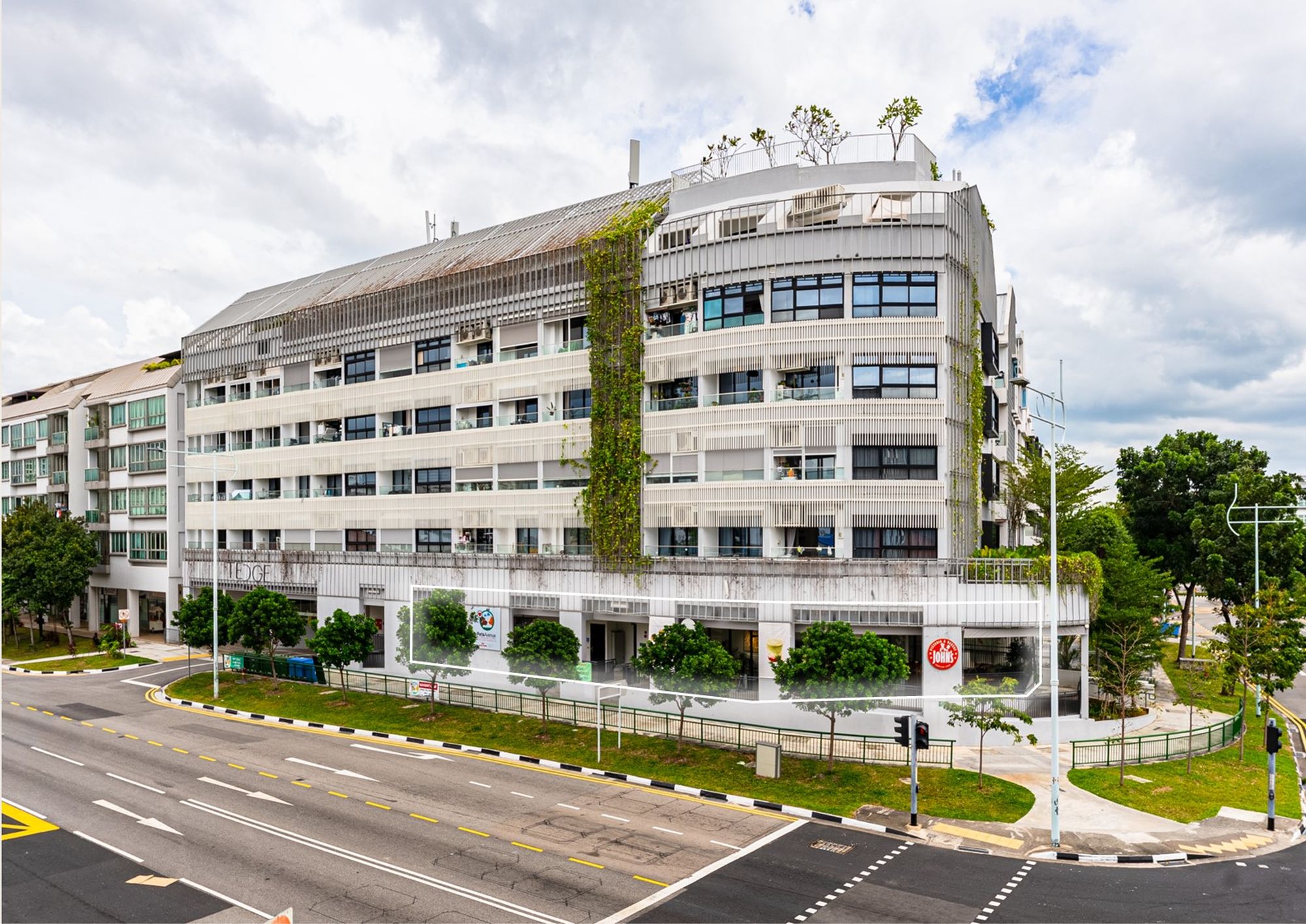











6 Comments
Could you shed more light on why the freehold land that belongs to the US govt stall en-bloc attempts? What is the difference between that and a freehold land that belongs to the Sg govt?
Hi Ryan, I recently accompanied a friend to a viewing. She asked to inspect MCST financial statements but was turned down by the onsite management. According to them, only owners can view such statements. It this true? I see you advised that potential buyer should ask to inspect.